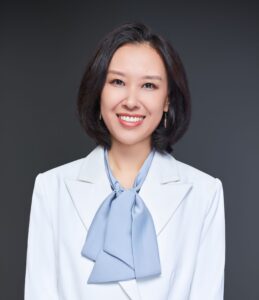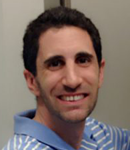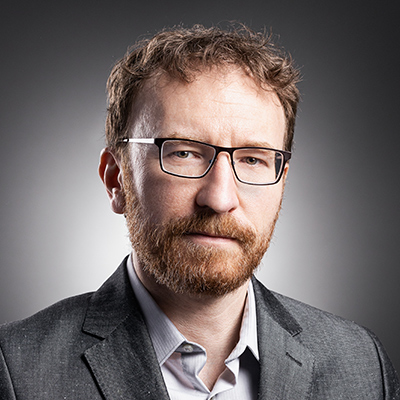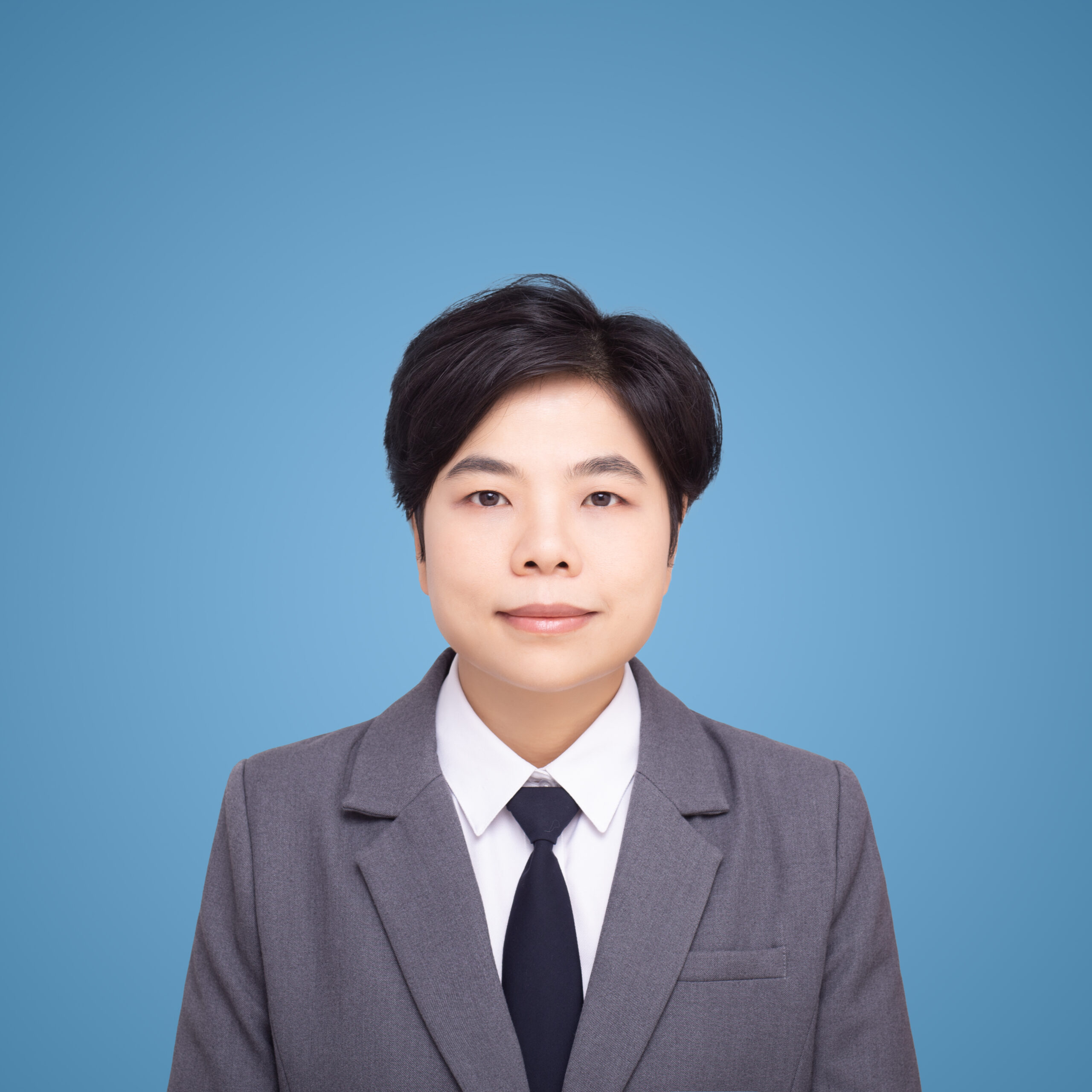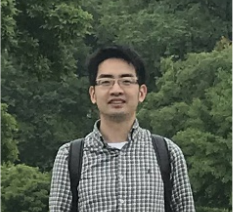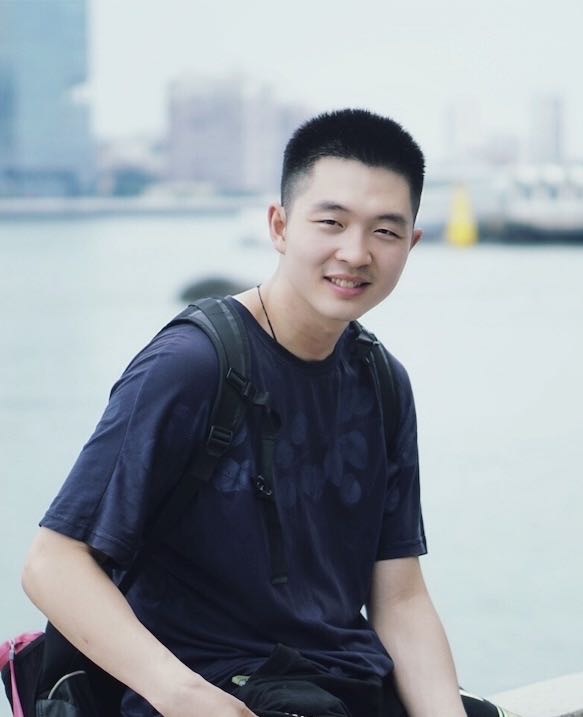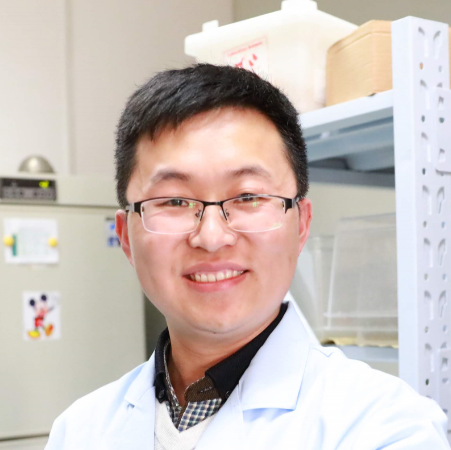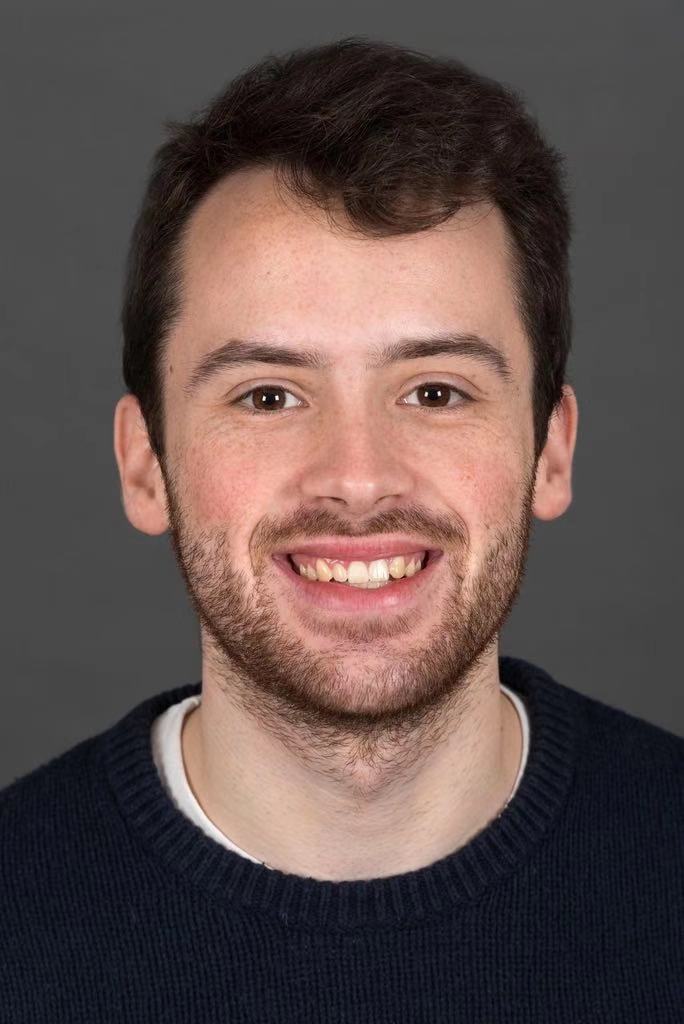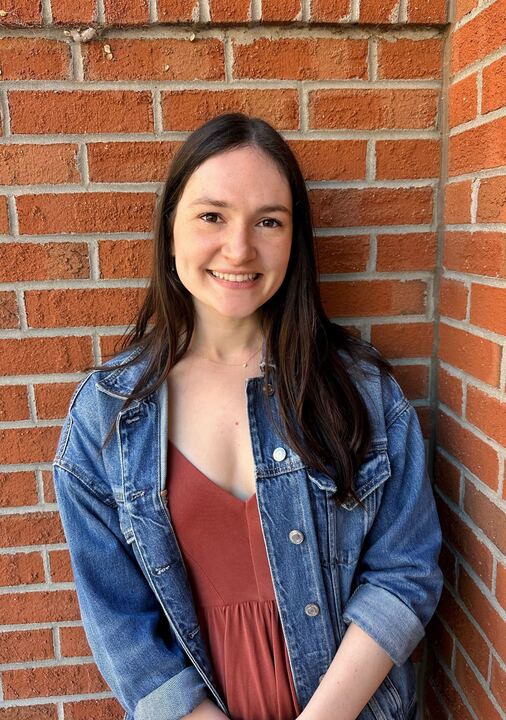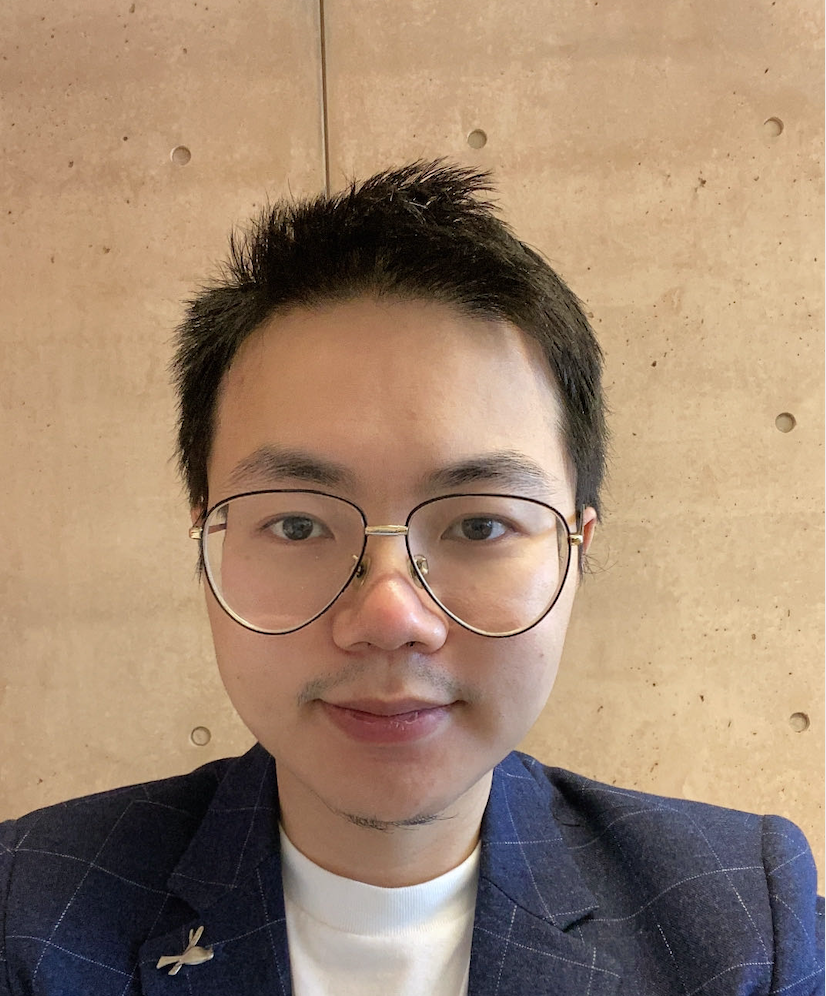Principal Investigator:
Dr. Juan Song earned her Ph.D in neuroscience from the University of California-Berkeley in 2007. Between the years 2007 and 2013, she was a postdoctoral fellow in Dr. Hongjun Song’s lab at Johns Hopkins University where she studied circuit-based mechanisms underlying adult hippocampal neurogenesis. In the September of 2013, she started her own lab at UNC-Chapel Hill. In 2019, she was promoted to Associate Professor with tenure, and has been named as Jeffrey Houpt Distinguished Investigator. In 2023, she was promoted to Full Professor.
Assistant Research Faculty:
Brent Asrican is an assistant research professor who joined the Song lab in 2016. Brent obtained his Ph.D in neuroscience from Brandeis University in 2007 studying long-term potentiation (LTP) in the CA1 region of the hippocampus, specializing in electrophysiology and advanced microscopy. He then worked as a postdoctoral associate in the lab of George Augustine testing optogenetic tools for circuit-based mapping of neuronal inputs. From 2008 to 2015, he worked with Chay Kuo at Duke university where he studied neuronal circuitry involved in postnatal neurogenesis at the subventricular zone. In the Song lab, he continues his work on the implications of circuit-driven neurogenesis.
Todd Farmer is an assistant professor who joined the Song lab in 2024. His postdoctoral work has shed light on a major question facing neuroscience: What is the source of cellular diversity in the brain? By using a wide range of techniques, I have found that specialized glial cells known as astrocytes, requires persistent signaling from adjacent neurons to take on the specific molecular and physiological properties. Because of my work we now know that astrocytes in the adult brain are more phenotypically flexible than previously thought and that the cellular diversity of the brain is not solely established during development. These novel findings have changed the way that we see cellular diversity of the adult brain and have far reaching implications in both health and disease.
Mingzi Ouyang joined Song Lab as a visiting scholar in 2024. She obtained her Ph.D from Southern Medical University in 2013. Between the years 2013 to 2017, she was a postdoctoral fellow and resident doctor in the first affiliated hospital of Guangzhou University of Chinese medicine. In August of 2017, she started to work in the School of Traditional Chinese Medicine, Jinan University. In 2019, she was promoted to Associate Professor. In the Song lab, She is interested in the connections between tumor, neural system, and cognitive function.
Post-doctoral Fellows:
Taylor Landry is originally from New Hampshire and received his BS and MS degrees in Exercise Science at James Madison University. He then completed his PhD in Bioenergetics at East Carolina University, during which he identified novel interventions promoting homeostatic central nervous system control of metabolism. Currently, Taylor is interested in the poorly understood connections between metabolism, hippocampal neurogenesis, and cognitive function.
Zeka Chen joined Song lab as a post-doc in 2021. He obtained his Ph.D from Fudan University. He specializes in in-vivo multichannel recording, EEG/EMG recordings and optogenetics. His previous research was focused on the neuronal circuits of REM sleep regulation and REM sleep disorders. Now his study is focused on neural circuits of adult hippocampus neurogenesis and learning memory.
Zhe Chen joined Song Lab as a post-doc in 2023. He obtained his M.D. from Xi’an Jiaotong University as an orthopedic spinal surgeon. Previously, his research focused on molecular modulation of microglia and astrocytes in spinal cord injury and promoting neuronal survival by exosome derived from olfactory ensheathing. In Song Lab, he studies underlying mechanisms of of adult hippocampal neurogenesis in DG and Alzheimer’s Disease. Outside of lab, he enjoys training in gym.
Ping Dong joined the Song lab at UNC as a postdoctoral researcher in 2023. He earned his Ph.D. from Zhejiang University in China. Specializing in a wide array of neuroscience techniques, Ping’s expertise includes ex vivo slice patch clamp, in vivo single-unit recording, calcium imaging, EEG recording, as well as animal behavior studies and optogenetics. His current research efforts are focused on exploring the role of the thalamus in cognition, emotion, and epilepsy, and their connection or contribution to neurogenesis in the hippocampal area, leveraging his extensive experience in both experimental procedures and data analysis. Outside of the lab, Ping enjoys music, playing tennis, and cooking.
Graduate Students:
Ryan Sheehy graduated from the University of Notre Dame (Go Irish!) in 2020 with a B.S. in Biological Sciences with a secondary major in Spanish and a minor in Bioengineering. He is a graduate student pursuing his PhD in the Department of Pharmacology at UNC Chapel Hill. In the Song Lab, he studies epigenetic and epitranscriptomic regulation in adult hippocampal neurogenesis and Alzheimer’s Disease and its impact on behavior. Outside of the lab, he enjoys learning languages, watching and playing sports, hiking, playing video games, and cooking.
Thomas Collins grew up in Cleveland, Ohio and graduated from Brown University in 2018 with a B.S. in Computational Biology. He joined the MD/PhD program at UNC in 2020 after studying the epigenetic regulation of neurodevelopmental disorders at Boston Children’s Hospital. In the Song Lab, he studies the genetic profile of hippocampal neurogenesis and how it may differ in diseases such as epilepsy. Outside of lab, Thomas enjoys backpacking, basketball, and cooking.
Corina Damian grew up near Philadelphia, Pennsylvania and graduated from the University of Pittsburgh with a B.S. in Neuroscience and a minor in Chemistry in 2022. She is currently a graduate student in the Pharmacology department at the University of North Carolina. In the Song lab, she studies the role of neuropeptide signaling on the regulation of microglia in the hippocampus, and how this may impact Alzheimer’s Disease. Outside of lab, she enjoys reading, baking, running, and playing with her dog.
Nehemiah Stewart grew up in Washington, DC and graduated from UNC Chapel Hill in 2021 with a B.S. in Chemistry and a B.A. in Mathematics where he was awarded, The Venable Award, as one of the two most outstanding graduating seniors in Chemistry. He joined the MD/PhD program at UNC in 2021 with an interest in neurosurgery. In the Song lab, he studies the role of deep brain stimulation on neurogenesis and the impact of oxidative stress on cellular signaling. Outside of lab, Nehemiah enjoys playing music, reading, and being an assistant coach for the UNC Men’s JV basketball team.
Research Technician:
Libo Zhang is a research technician in the Department of Genetics and Molecular Biology at UNC. He obtained his B.Sc in Biology from South China Agricultural University in 2013. From 2013-2019 He worked as a research technician in Shanghai Academy of Life Sciences, Chinese Academy of Sciences.
Past Members:
Andrew Crowther (PhD student 2014-2020): Postdoc fellow at UCSF
Josh Wooten (PhD student 2015-2020): Program manager at Nuventra
Connor Wander (PhD student 2016-2021): Scientist at Deciduous Therapeutics
Luis Quintanilla (PhD student 2016-2022): Scientist at Genentech
Hechen Bao (Visiting student then postdoc 2014-2023): Scientist at Voyager
Chia-Yu Yeh (Postdoc 2014-2018): Research Scientist at Academia Sinica, Taiwan
Yadong Li (Postdoc 2018-2023): Assistant Professor at Shanghai Jiao Tong University, China
Yanjia Luo (Postdoc 2018-2023): Assistant Professor at Shanghai Jiao Tong University, China

